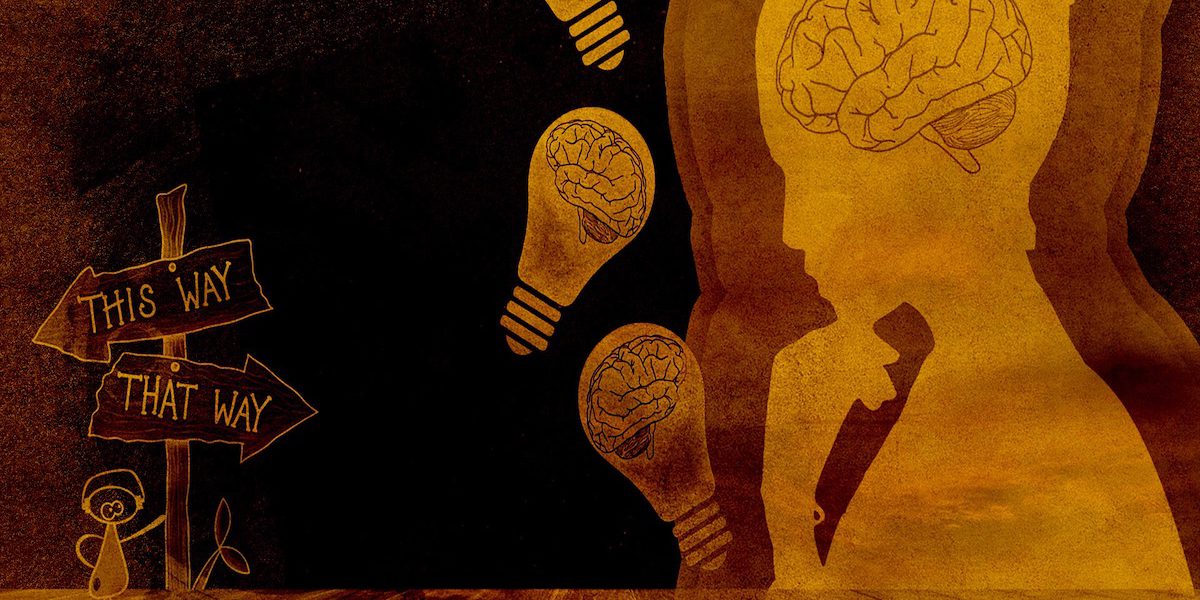The psychological benefits of running are related to the effects of exercise on the brain itself. Cardiovascular exercise such as running can help to create new brain cells and improve general brain performance. Aerobic exercise, like running, has important benefits for people with mental health problems.
If you are living with a mental illness such as depression or anxiety, running or other aerobic exercises can help with long-term symptoms. According to a study by the Anxiety and Depression Association of America, running and other powerful forms of exercise can ease anxiety symptoms and help you relax.
There is evidence that exercise, such as running, can help reduce symptoms of mood and anxiety disorders. Studies cited by the Anxiety and Depression Association of America suggest that running and other vigorous exercises can help relax, work off medications and ease anxiety.
Studies have shown that regular walking can have the same effect as medication to relieve anxiety and depression symptoms. Research has shown that walking, in combination with the right therapy, can improve mood and significantly reduce symptoms of clinical depression. There is also evidence that activities such as walking can help alleviate the effects of stress and anxiety disorders.
While most people start running because of the physical benefits of running, but there are also benefits of running on mental health. One of the most common mental benefits of running is stress reduction. Running increases, the body’s ability to deal with stress, so it is a good distraction from the problems that cause you stress and worry.
In addition to the physical health benefits of jogging, running also has many psychological benefits. The emotional benefits of running include anxiety and depression relief and improved self-esteem. Studies have shown that regular cardio training, such as running, can reduce symptoms of depression.
Running triggers the release of endorphins, the body’s natural antidepressants, leading to euphoria and a runner’s high. Researchers believe that feeling good can boost mood and reduce stress because running triggers a release of endorphins. By triggering this process, running relieves the symptoms of depression in many other ways.
Another way to alleviate stress, anxiety, and depression is to interact with other runners through running competitions, gyms, and running clubs. One of the benefits of running on mental health is that it promotes social interaction which can help reduce the depression and anxiety you may suffer from.
As a result, I will look at this article from the perspective of movement psychology and outline the psychological benefits of walking and exercise in general for mental health. In this section, we will explore how running and mental health are linked, why running is effective in many areas of the brain, and what to expect when running for mental health. We have done similar work on anxiety and how both walking and exercise can help prevent the development of anxiety in the future.
While the physical effects of cardio workouts are well documented, it is equally important to explore the psychological benefits of running in our stressful modern world. Contrary to the accumulated wisdom, there are studies showing that running reduces stress.
When we do an activity like running, it is important that we do it long-term so that we can get long-term physical and mental benefits. You don’t have to devote hours of your busy day to working out in the gym, sweating in buckets, or running miles and miles to get the physical and mental benefits of exercise. Free bursts of physical and mental benefits and efficient calorie-burning cardiovascular activity, running is a fantastic way to get exercise.
Scientists have concluded that physical activity like walking reduces brain shrinkage and cognitive decline in older adults who are physically active. Although these studies are at an early stage, research has shown that walking can reduce the effects of these symptoms. Studies have also shown that physical exercise (such as running or jogging) is associated with higher self-esteem.
When you exercise and run endorphins and serotonin are released in your body, chemicals in the brain that improve your mood. By adding a mindfulness element and focusing on your body and how it feels when exercising, you improve not only your physical condition that is running for weight loss or fitness is one thing, but you are also able to disrupt the flow of constant worry that flows through your head.
These feelings are personal experiences of runners who noticed changes in their own thoughts and feelings after starting a running regime and are an invaluable resource in assessing the value of exercise as a treatment for mental health. There is also an emerging, more nuanced view of how walking improves mental health that takes into account long-term structural changes in the brain’s subjective states of mind and cognition. While some people who walk regularly continue to benefit from this by switching from a linear running time of 30 minutes to 300 minutes per week, we believe that the mental health benefits are gradually expanding.
Scientists have found that physical activity in the form of running and other aerobic activities gains control of the day, and brain scans show lower rates of brain decline and cognitive decline in older people when subjects are physically active.











